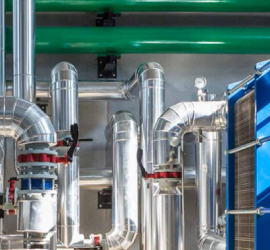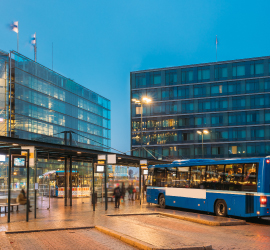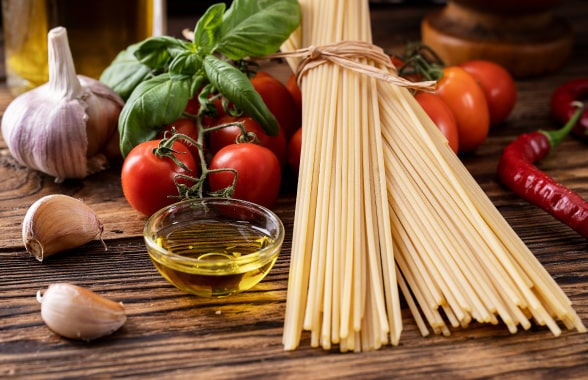A circular food economy essentially replicates what occurs in nature in terms of waste regeneration, effectively eliminating it as it becomes feedstock for a new cycle. Applying a circular economy entails a reduction of greenhouse gas emissions as well as waste-reduction.
To solve this issue efficiently a number of key questions must be addressed: how can waste in the food industry be reduced? Why is this so vital for our future? In what way does the food industry impact the economy? This is why Enel X is committed to bringing together leading firms along the Italian agri-food value chain with university researchers and Enel X’s cross-industry vision, best-in-class measuring tools and technology solutions to reduce this negative impact. Furthermore, on a broader level, we are committed to acting as an enabler of innovation and technological transformation for smarter and more sustainable living, effectively leading the transition toward a future-proof development model, with the Circular Economy as a crucial pillar. We believe it effectively solves the biggest challenges in today's world.










